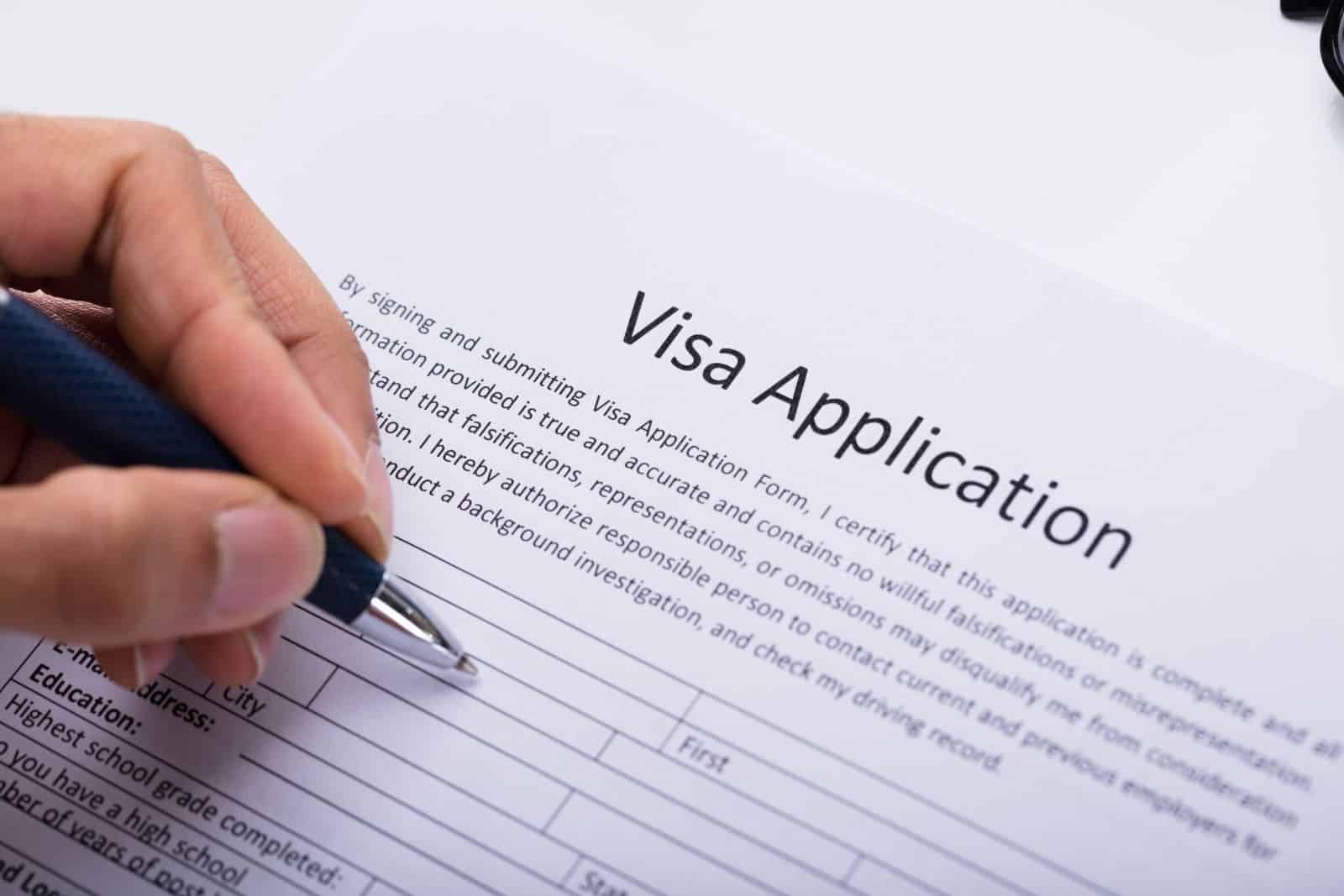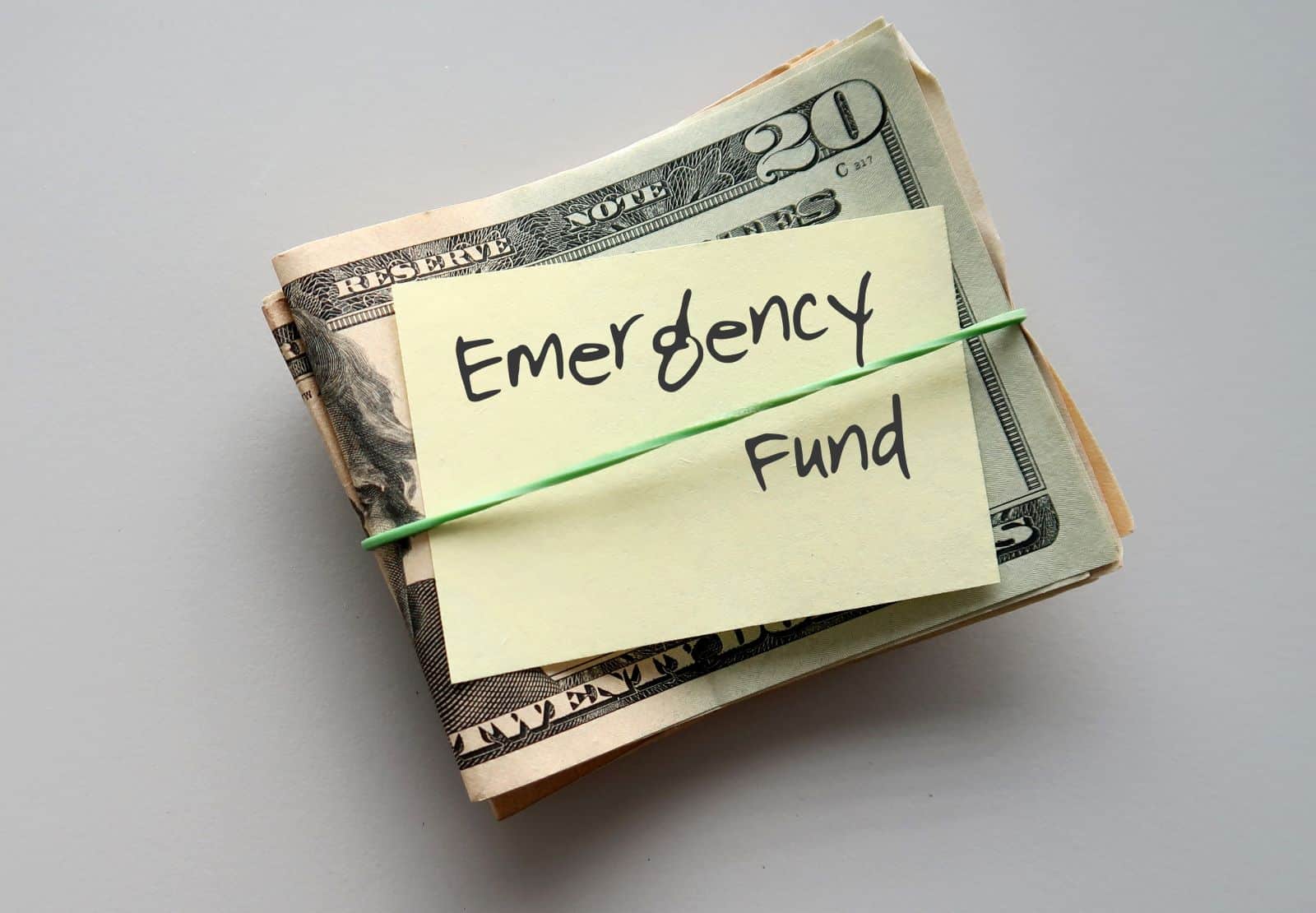Considering an expat life for your family’s next big adventure? It’s not just about new cultures and cuisines—the cost of living can deliver some real sticker shock compared to the U.S. Let’s break down these costs by category, so you know what might await abroad.
1. Housing Rentals

Renting in prime expat locations like Tokyo’s Shibuya or London’s Chelsea can exceed $4,000 monthly, dwarfing the U.S. median rent of about $1,000. Think twice about space versus location when budgeting for housing abroad.
2. International School Fees

Education isn’t cheap in expat hubs. In cities like Singapore and Dubai, annual tuition for international schools can range from $20,000 to $35,000 per child, a steep climb from the average $11,000 Americans spend per student in public schools.
3. Health Insurance

Moving to a country without a public health service like the U.S.? Private health insurance in places like the United States can be a financial burden, with family premiums averaging around $1,500 per month, significantly higher than other countries with subsidized healthcare systems.
4. Grocery Bills

Stocking up on groceries in expat-favored cities like Zurich or Reykjavik can cost 50-100% more than the U.S. average grocery bill of $550 per month for a family of four. Especially if you’re buying familiar brands from home, which carry a hefty import premium.
5. Dining Out

Fancy a dinner out in Paris or Sydney? Eating at restaurants in these cities could set you back $100 for a family meal, compared to an average $65 back stateside.
6. Transportation Costs

Owning and maintaining a car in densely populated expat cities like Hong Kong or Singapore can include exorbitant fees and taxes, making public transportation (averaging $120 monthly per person) or cycling more economical choices.
7. Utility Expenses

Utility bills in places like Denmark and Germany are often double those in the U.S., with average monthly costs of $200-$300 compared to $115 in the States, largely due to higher energy taxes and green tariffs.
8. Clothing and Personal Items

Fashion capitals like Milan or Tokyo can tempt with shopping, but expect to pay a premium for designer labels and even basic apparel, often 75-100% more than average U.S. prices.
9. Leisure and Entertainment

Partaking in leisure activities in expat-popular cities can be costly. For instance, movie tickets in Dubai can cost up to $18 each, and a gym membership can run $100 monthly—nearly double the U.S. rates.
10. Childcare

Childcare in metropolitan areas like New York or London can reach up to $2,500 per month, which is steep considering the U.S. national average hovers around $1,230.
11. Home Furnishings

Setting up a new home abroad? Furniture and home decor in places like Copenhagen or Amsterdam carry a luxury tax, pushing prices 30-50% higher than similar items in the U.S.
12. Visa and Residency Permits

The cost of securing legal residency can vary widely, with some countries charging up to $2,000 for processing and administration, a cost rarely considered before moving.
13. Taxes

Depending on your host country, you might face higher income taxes. For instance, top rates in Belgium can exceed 50%, a stark contrast to the U.S. average top rate of about 37%.
14. Internet and Mobile Plans

Staying connected is pricier in Canada or South Africa, where internet and mobile plans can be twice as expensive as the U.S. average of $30-$50 per month.
15. Parking and Driving Fees

In cities like Amsterdam or Tokyo, parking can cost over $500 a month, and many places charge a fee just to own a car, all in an effort to reduce urban congestion.
16. Pet Care

Owning a pet abroad? Vet care and other pet services are particularly expensive in countries like Australia and the UK, sometimes costing up to 40% more than U.S. prices.
17. Travel and Vacations

Living abroad might mean more travel, but flights and accommodations in regions like the Middle East or remote islands can be significantly pricier than domestic U.S. travel.
18. Cultural and Language Training

Integrating into a new culture often requires language classes or cultural training, which can add unexpected costs to your budget, especially in non-English speaking countries.
19. Relocation and Shipping Costs

Don’t forget the cost of getting there and moving your belongings, which can run into thousands of dollars, depending on the distance and amount of goods shipped.
20. Emergency Funds

Having a robust emergency fund is crucial when living abroad due to potential unexpected expenses in foreign healthcare, travel, or legal issues.
21. Local Services

Local services like cleaning, laundry, or maintenance are often more expensive in high-cost expat cities compared to similar services in the U.S.
22. Retirement Savings

Contributing to retirement savings while abroad can be challenging due to varying tax implications and the availability of retirement accounts, potentially impacting long-term financial security.
23. Currency Fluctuation

Exchange rates can significantly affect your cost of living, especially if your income or savings are in U.S. dollars and you’re living in a country with a volatile currency.
Considering the Costs

Moving abroad is more than just an adventure; it’s a complex financial commitment. By understanding these potential expenses, you can plan a more secure and enjoyable expat experience for your family. Make sure you factor in these costs when deciding if an international move is right for you.
Remote No More: 19 Companies Returning to the Office

As the pandemic wanes, companies are recalling remote workers back to the office, sparking debates on fairness, costs, and convenience. However, there are also notable productivity, coworking, and mental health benefits to consider. Feeling the effects of these changes? Remote No More: 19 Companies Returning to the Office
8 Costco Must Buys and 8 to Leave Behind

Ever wandered Costco’s aisles, questioning if that giant jar of pickles is a real bargain? Or debated buying tires where you get your rotisserie chicken? Welcome to the definitive guide to Costco shopping—a journey to save money, prevent regrets, and offer quirky insights into bulk buying. 8 Costco Must Buys and 8 to Leave Behind
23 Reasons Texas Is the Next Big Thing

Texas is becoming a beacon of opportunity, blending cultural heritage with economic growth. From its landscapes to its industries, the Lone Star State offers a dynamic lifestyle. Here are 23 reasons why Texas stands out, attracting entrepreneurs, artists, tech professionals, and families seeking new beginnings. 23 Reasons Texas Is the Next Big Thing
Featured Image Credit: Shutterstock / kudla.
The content of this article is for informational purposes only and does not constitute or replace professional financial advice.
For transparency, this content was partly developed with AI assistance and carefully curated by an experienced editor to be informative and ensure accuracy.

